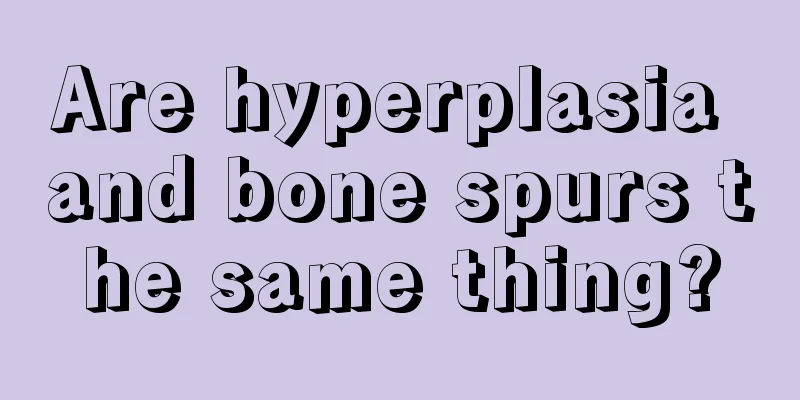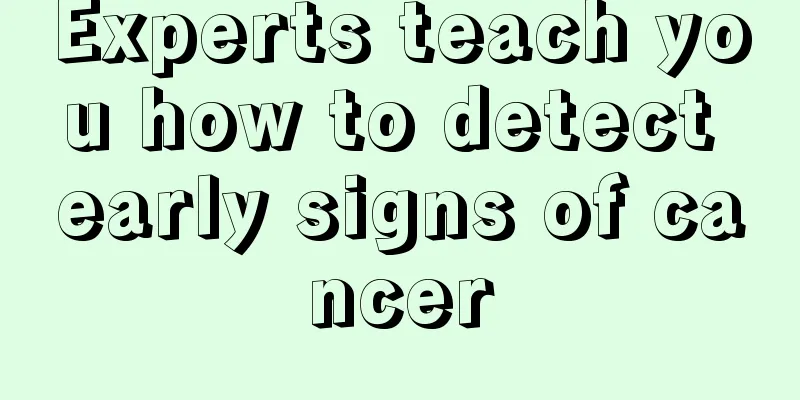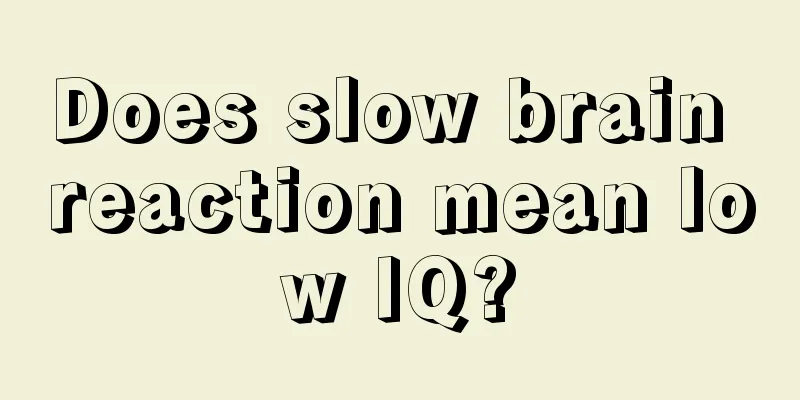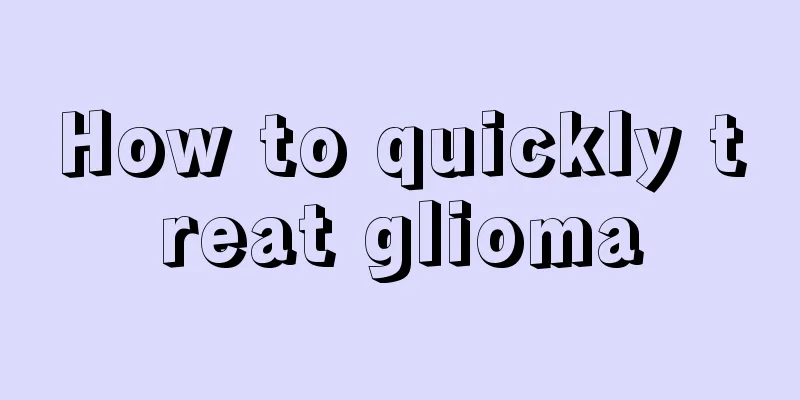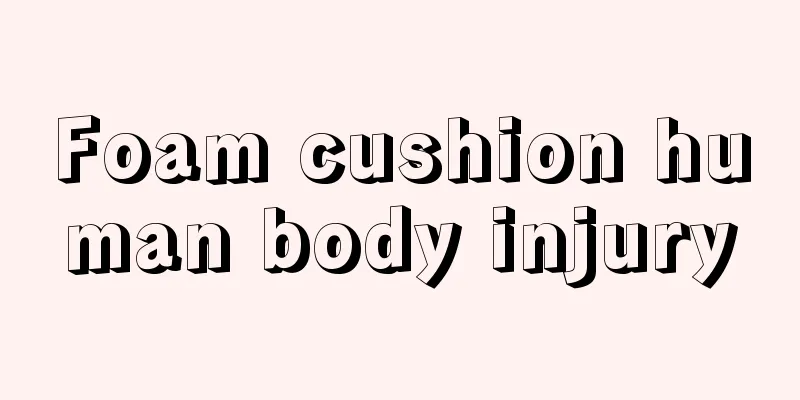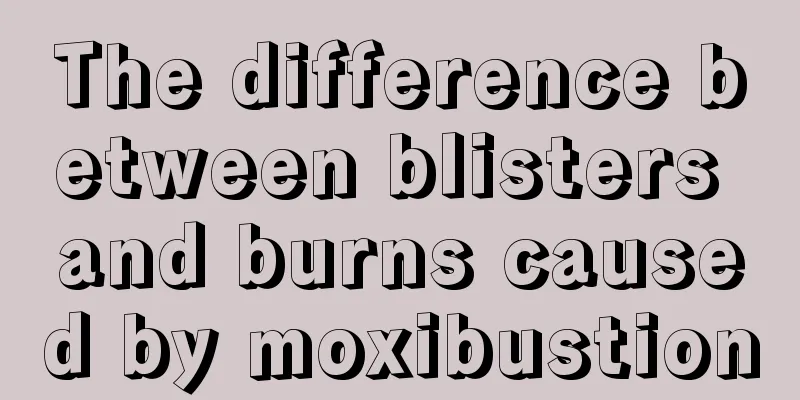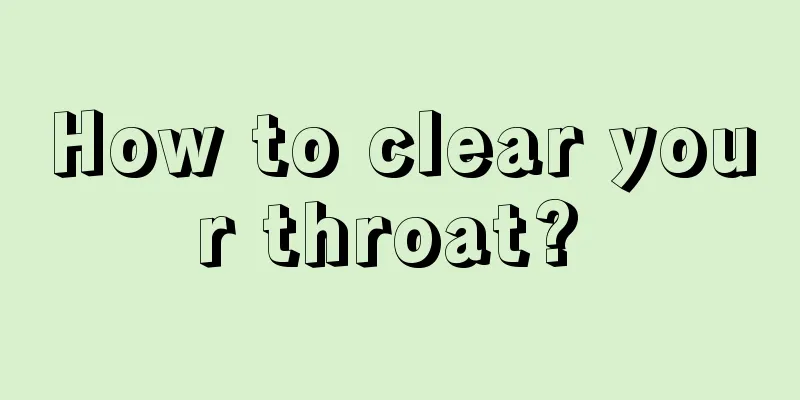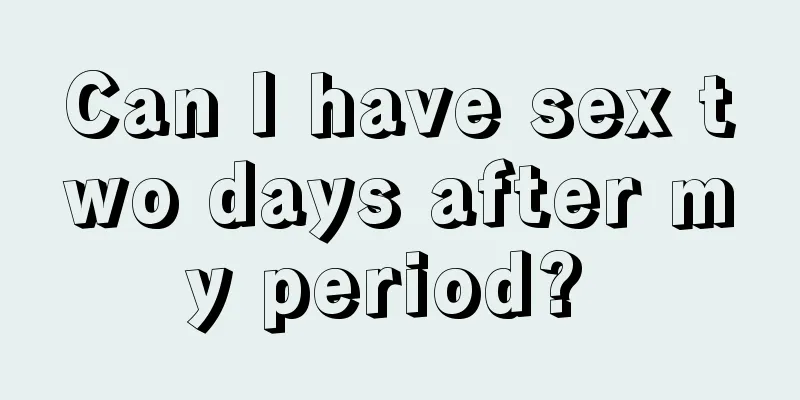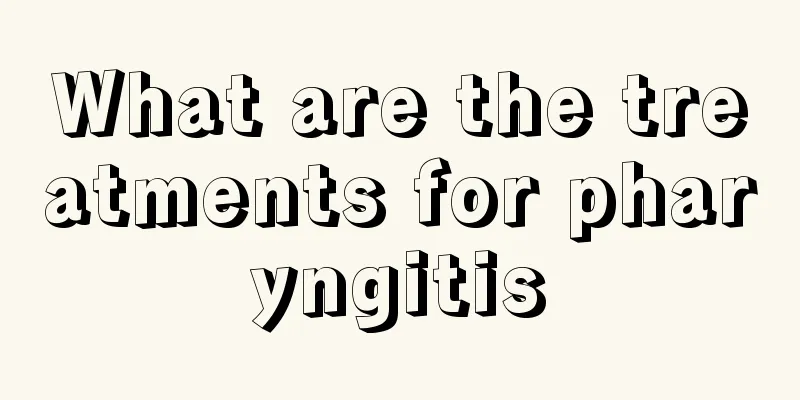The best treatment for ventricular tachycardia
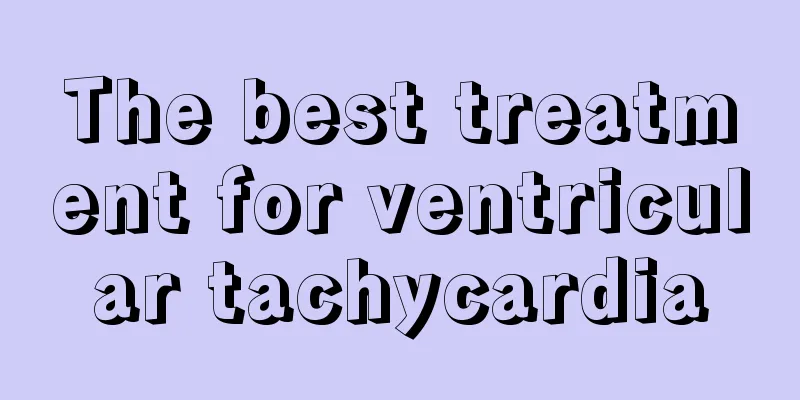
|
What is the best treatment for ventricular tachycardia? This is a question many people ask. Ventricular tachycardia is a manifestation of heart disease and is the abbreviation of supraventricular tachycardia. Patients experience palpitations and discomfort in the precordial area, and an electrocardiogram shows a heart rate of more than 100 beats per minute. This disease is relatively common in clinical practice and can easily cause sudden death. There are many treatment methods, including drug treatment and non-drug treatment. Let’s take a closer look at them below. Ventricular tachycardia mostly occurs in patients with heart disease and can cause serious consequences and increase mortality. Aggressive treatment measures are needed to immediately terminate the episode of ventricular tachycardia. The treatment principles are: ① Once ventricular tachycardia occurs, the attack should be stopped immediately. ② Eliminate the inducement, pay attention to hypokalemia, and the use of digitalis drugs. ③ Actively treat the primary disease, such as correcting heart failure and treating ventricular aneurysm after myocardial infarction. ④ Prevent the recurrence of ventricular tachycardia. After the ventricular tachycardia stops, drug or non-drug measures should be used to prevent the recurrence of ventricular tachycardia. ⑤Prevent and treat sudden death from heart disease. 1. Drug treatment of ventricular tachycardia The preferred method to terminate sustained ventricular tachycardia is immediate intravenous injection of antiarrhythmic drugs. For monomorphic ventricular tachycardia or polymorphic ventricular tachycardia with normal QT interval, drug treatment is generally used, intravenous injection. ① Lidocaine; ② Amiodarone; ③ Propafenone. Choose one of them. If it is effective, continue to drip the above drugs. The management of polymorphic ventricular tachycardia is similar to that of monomorphic ventricular tachycardia, but a careful search should be made for possible reversible causes, such as drug side effects and electrolyte disturbances, especially for torsades de pointes, which often occurs when the QT interval is prolonged. In addition to treating the cause, treatment may include intravenous injection of isoproterenol or atropine, or rapid artificial cardiac pacing. Class III antiarrhythmic drugs, such as amiodarone, should be avoided. Intravenous administration of large doses of magnesium sulfate is effective for patients with hypomagnesemia or normomagnesemia who have refractory ventricular tachycardia and ventricular fibrillation, torsades de pointes, and digitalis poisoning. Administration of magnesium to patients without digitalis toxicity may produce hypokalemia and thus require concurrent potassium supplementation. 2. Non-drug treatment of ventricular tachycardia (1) The principle of direct current cardioversion is to depolarize all cells in the reentrant circuit, thereby producing electrocardiographic identity and eliminating the reentrant circuit. A large amount of practice has proved that direct current cardioversion is a very safe and effective treatment measure for terminating ventricular tachycardia. In many cases, it should be the first choice measure because it is convenient and efficient. (2) Radiofrequency ablation is currently mainly used to treat idiopathic ventricular tachycardia, bundle branch reentrant ventricular tachycardia, etc. It has few surgical complications and can cure ventricular tachycardia. For concurrent structural heart lesions, such as dilated cardiomyopathy, the origin of tachycardia is often a more diffuse lesion, making radiofrequency ablation more difficult. However, radiofrequency ablation has a certain effect on ventricular tachycardia after myocardial infarction. (3) Implantation of an implantable cardioverter-defibrillator can effectively and immediately terminate an attack of ventricular tachycardia and is by far the most effective means of reducing sudden cardiac death. (4) Surgery: Some cases of refractory ventricular tachycardia can be treated with surgery, such as ventricular aneurysm resection, partial resection of the enlarged left ventricle, etc. |
<<: Is supraventricular tachycardia life-threatening?
Recommend
The efficacy of pepper and sugar water
Speaking of Sichuan peppercorns, the first thing ...
What are the clinical manifestations of onychomycosis
The problem of onychomycosis causes great pain to...
What happens if you drink spoiled water
On this earth, all living things cannot live with...
What are the symptoms of a cold waist?
Every autumn or winter, many people will experien...
What are the symptoms of laryngeal cancer
I don't know how much you know about laryngea...
If you have persistent pelvic pain, beware of prostate cancer
Prostate cancer is a disease that causes headache...
Which hospital is more professional in treating glioma
Which hospital is more professional for glioma tr...
How long does it take for gastritis to turn into gastric cancer
Whether a gastritis patient will develop cancer d...
Are Chinese people more likely to get liver cancer? You must know these 3 reasons
The proportion of liver cancer in Chinese people ...
What causes cloudy eyes
Many friends are at a loss when their eyeballs be...
What medicine can treat laryngeal cancer
In fact, many patients choose Western medicine fo...
How to remove mildew stains from clothes?
It is quite common to have mildew on clothes in d...
If the mother has stomach cancer, will it be inherited?
Is gastric cancer hereditary? I believe this is t...
How much does surgery for advanced pancreatic cancer cost
Pancreatic cancer is known as the "king of c...
What's wrong with the calf muscle pain
Some people find pain around their calves. If it ...
